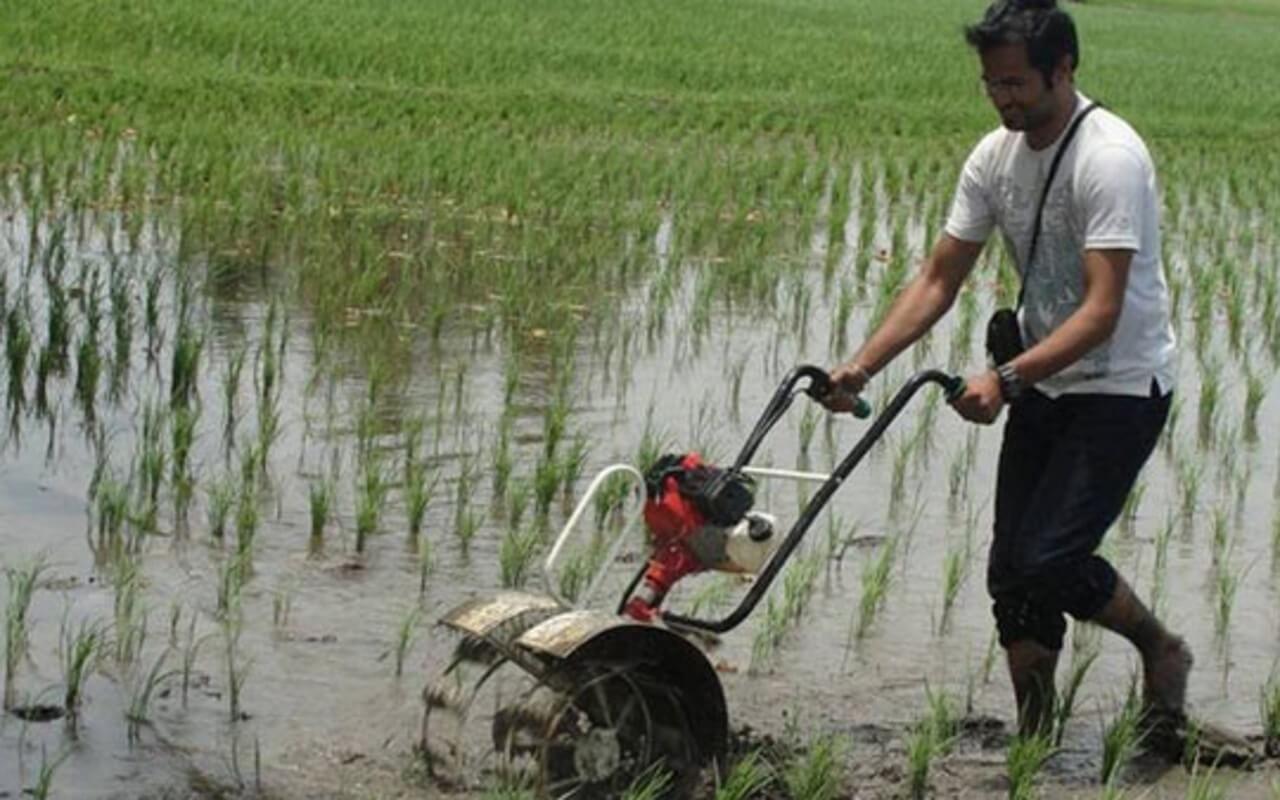The real freebie Goa government can give is the one that costs nothing yet changes everything: education, skill, and self-belief

On a quiet afternoon in a sleepy Goan village, the faint hum of cicadas mingles with the clink of teacups. Joaquim, a retired dockworker, sits on his balcao and gazes across the paddy fields. He remembers a time when the village youth woke up early to catch the morning bus to the shipyards, hotels, and markets, eager to earn, to learn, to make their mark. “Now,” he says, shaking his head slowly, “Everyone is just waiting for something free.”
His words may sound simple, but they echo a growing unease that runs through Goa’s social and economic landscape. The land that once prided itself on self-reliance, education, and enterprise now finds itself entangled in a web of expectations. From subsidised electricity and water to free laptops, scholarships, and unemployment doles, Goa’s development story has increasingly begun to revolve around handouts rather than hard work.
Strangely enough, this story of dependence is not unique to Goa. It mirrors a broader pattern seen in parts of Africa, where foreign aid, once envisioned as a ladder out of poverty, often became a trap of dependency. For decades, international organisations and wealthy nations poured billions into Africa to fight hunger and disease. The aid-built schools, hospitals, and roads, but it also built habits. Many governments grew reliant on donors, and citizens began to expect help rather than create it. Economists called it the “aid curse,” a situation where good intentions stifled initiative.
Goa’s situation is, of course, different in scale, but not entirely in spirit. Instead of foreign aid, Goa receives its share of “development assistance” from within, through populist schemes and political promises that aim to ease immediate burdens but rarely address deeper challenges. The result is a growing psychology of entitlement, where citizens measure progress by what they receive rather than what they contribute.
When a government offers something for free, it changes more than the economy, it changes the culture. What begins as relief can turn into reliance. Consider the free laptop schemes meant for students. The intention is progressive: to bridge the digital divide. But without proper guidance and monitoring, the laptops often become more about leisure than learning. Similarly, power and water subsidies bring short-term comfort but discourage efficiency and conservation. These are not acts of malice, but missteps in motivation.
The lesson from Africa is stark. Where aid was coupled with education and local accountability, nations flourished. Where it became an endless stream of support, economies stagnated. Rwanda, Ghana, and Kenya have shown that the road from dependency to dignity begins with self-driven empowerment. Goa, too, stands at that threshold.
Goa’s economy, despite its high literacy rate and relatively strong per capita income, faces persistent challenges. Tourism and mining, its traditional lifelines are volatile and seasonal. Young people, though educated, struggle to find meaningful work. The state’s job market tilts heavily toward government employment, not because it promises high pay, but because it guarantees stability. And in the absence of enough opportunities, the welfare state steps in with handouts that soothe the symptoms but not the disease. A monthly allowance may help a family survive, but it does not build their future. A subsidy may ease today’s bill, but it cannot promise tomorrow’s innovation. Goa needs not more giveaways but more gateways; to skills, to enterprise, and to opportunity.
Imagine a Goa where instead of free laptops, every taluka has a vocational hub that trains youth in tourism management, digital marketing, food processing, or renewable energy. Imagine a system where panchayats provide microloans to young entrepreneurs, guiding them to start small ventures, from eco-friendly homestays to sustainable craft cooperatives. Such measures would not only reduce unemployment but also revive Goa’s forgotten culture of craftsmanship and entrepreneurship. That is empowerment, creating conditions where people can build their own success rather than wait for it.
As elections near, promises multiply. Cheaper power, higher allowances, free schemes for youth and senior citizens, all presented as tokens of care. But behind this generosity lies a quiet danger: the blurring of welfare with populism. Goa risks slipping into what economists call a “soft state,” where political comfort replaces public courage.
Yet the path ahead is not bleak. Just as Africa’s new generation has begun to reimagine its economies through innovation and entrepreneurship, Goa too can chart its renewal. The state’s literacy, cultural heritage, and global diaspora offer immense potential for a knowledge-driven, sustainable economy. But for that to happen, the social contract between citizens and the state must change. Welfare should not be seen as charity, but as a bridge toward self-reliance. Education must once again become the cornerstone of empowerment.
The Goan youth stand at the heart of this transformation. They are educated, connected to the world, and blessed with creativity. What they need is an ecosystem that values initiative over inertia. Goa’s legacy has always been one of resilience, from the fishermen who braved rough seas to the teachers who shaped generations, from the small entrepreneurs who built local businesses to the workers who sailed abroad to support families back home. That spirit must be rekindled. Goa’s beauty is more than its beaches; it is the quiet dignity of its people, their capacity to work hard, dream big, and live with grace. But dignity fades when dependency deepens.
The future Goa deserves is one where opportunity replaces aid, where empowerment replaces entitlement, and where citizens rise not because they are given more, but because they can do more. The real freebie a government can give is the one that costs nothing yet changes everything: education, skill, and self-belief. Because true development is never about what the government gives; it is about what a society dares to build on its own. And it is time for Goa to build again: beyond freebies, beyond entitlement, toward the empowerment that lasts.